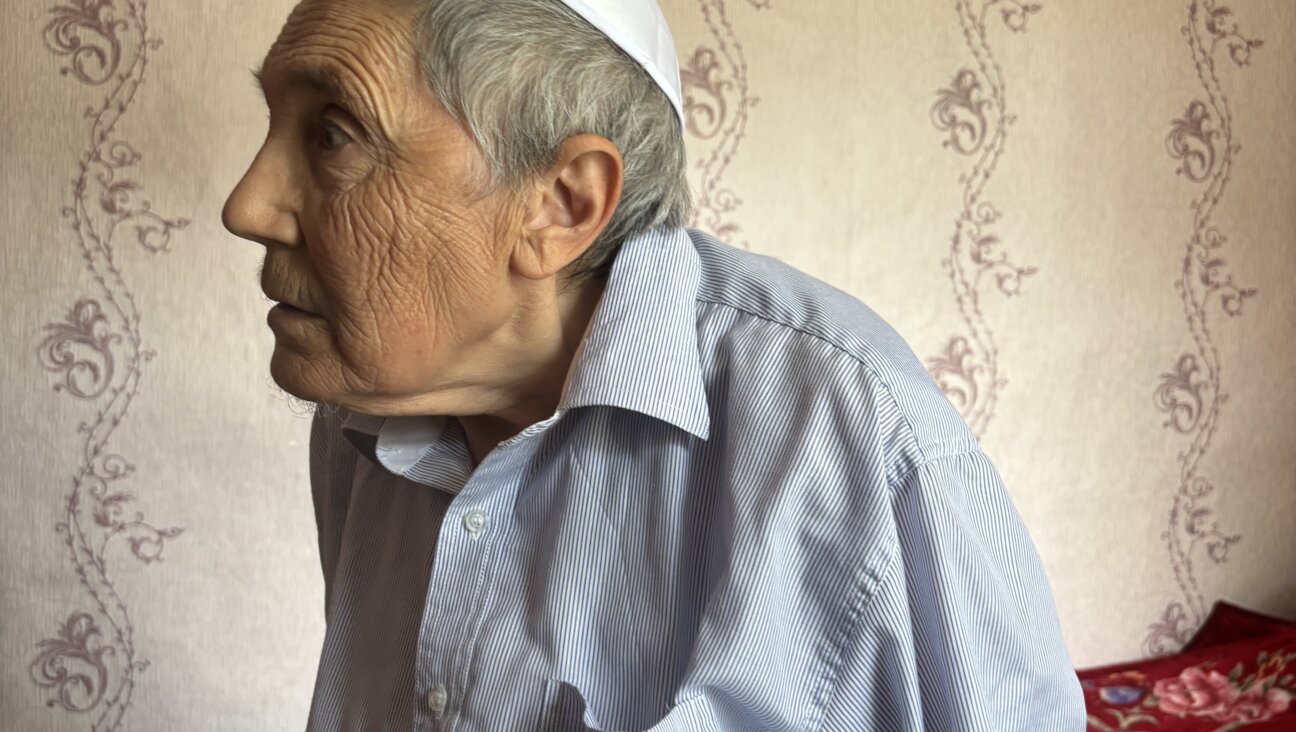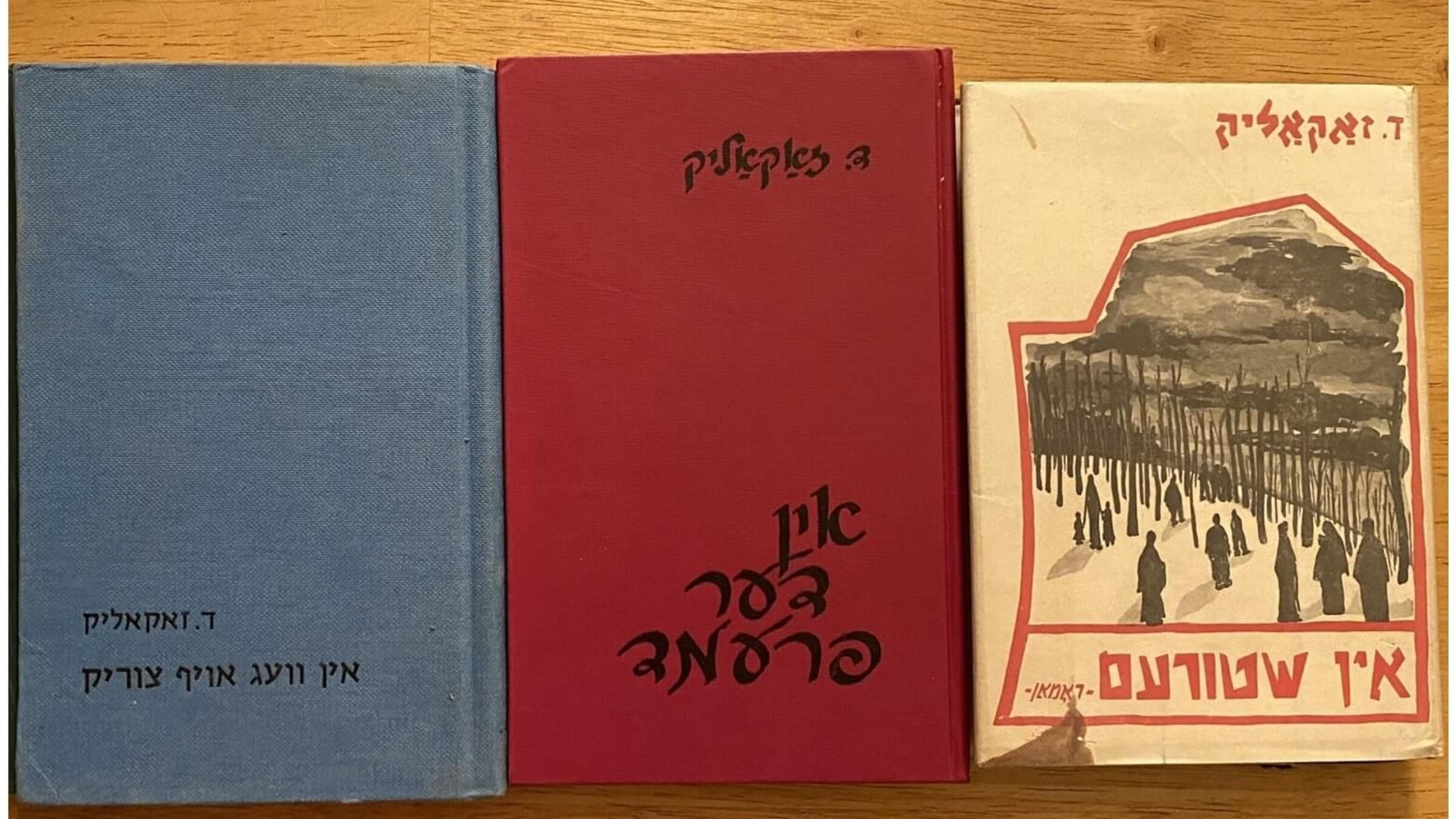In the dwindling Jewish community of Moldova, one man fights to keep the old traditions alive
For more than two decades, 78-year-old Roman Soibelis has welcomed Jews into his home and their shared history

For more than two decades, 78-year-old Roman Soibelis has welcomed Jews into his home and their shared history

During the doctors' plot, Stalin targeted the country's Jews

Russia's invasion has unified all Ukrainians, including its ethnic minorities, in the battle for its existence

Jews who survived under Stalin rather than Hitler are largely absent from mainstream film and literature

This article originally appeared in the Yiddish Forverts. And in English February 21, 2018. The Forward is republishing April 9, 2019 in honor of Robeson’s 121st birthday. The American singer Paul Robeson is mostly remembered today for his hauntingly beautiful bass voice, his groundbreaking career as an actor and his political activism and involvement in…

This article originally appeared in the Yiddish Forverts. It’s not every day that a manuscript gets discovered in an attic, let alone a complete book written by a distinguished Yiddish author. Well, in the world of Yiddish, where even published books are often relegated to synagogue basements, occasions like these are not entirely unusual. Nonetheless,…

This article originally appeared in the Yiddish Forverts. The American singer Paul Robeson is mostly remembered today for his hauntingly beautiful bass voice, his groundbreaking career as an actor and as his political activism and involvement in the Communist party. Often forgotten is his mixed and tragic role in Yiddish literary history. Besides his musical…

This article originally appeared in the Yiddish Forverts. Thanks to the hard work of his literary admirers, an English translation of Grigory Kanovich’s autobiographical novel “Shtetl Love Song” has finally appeared. The novel was released by a boutique British publishing house, Noir Press, that specializes in modern Lithuanian literature. It’s remarkable that one of the…








100% of profits support our journalism